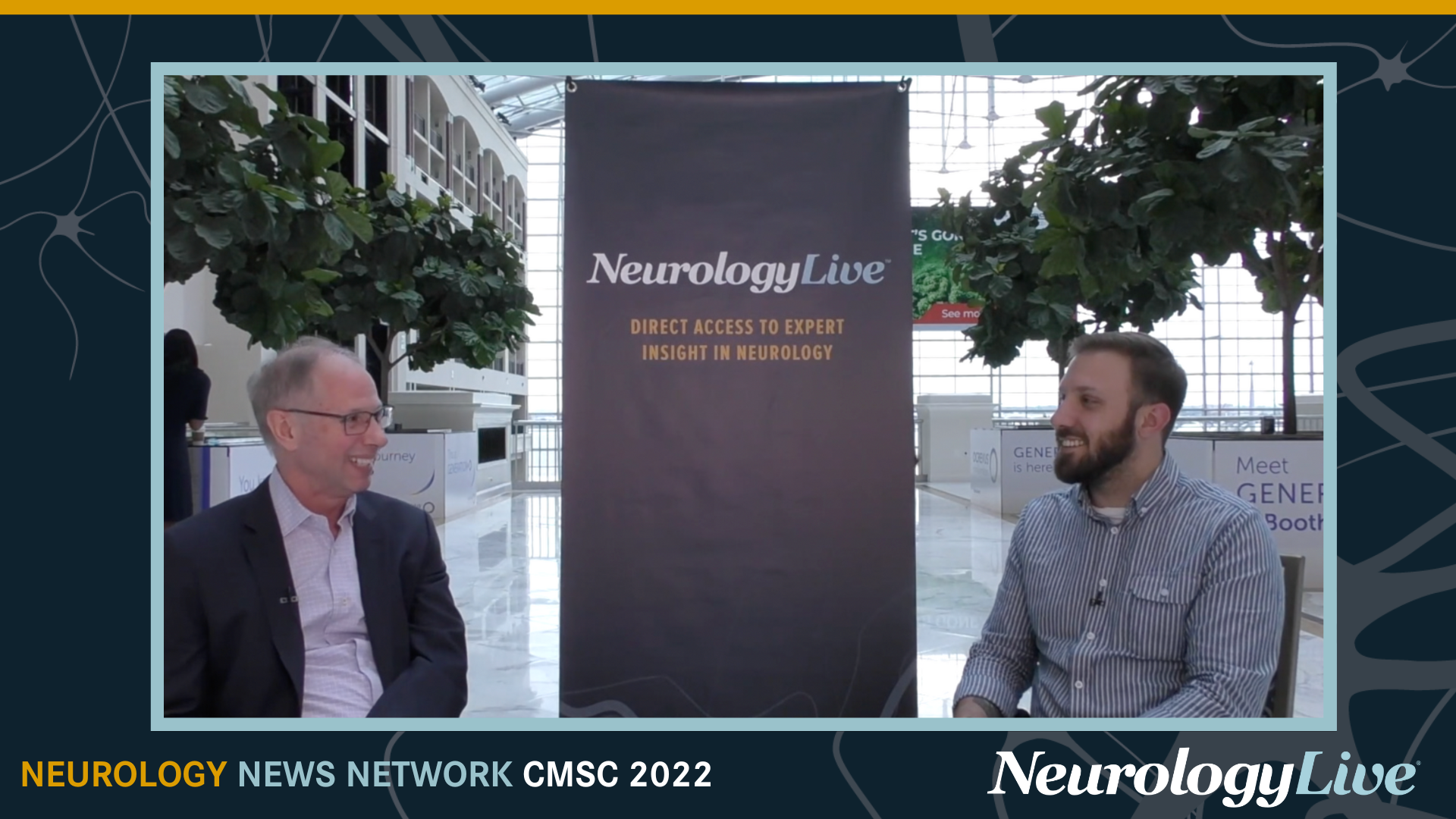
Remaining Questions Surrounding COVID-19 Vaccines in MS

Daniel Kantor, MD, discussed the data from his presentation at the 2022 CMSC annual meeting on COVID-19 vaccine response in patients with multiple sclerosis, and what questions are still lingering among the clinical community.
WATCH TIME: 4 minutes
For more coverage from CMSC 2022, click here . A transcript of the conversation is below.
Matt Hoffman: So, obviously, a very happy finding. Fortunate that we don't have any major concerns in terms of antibody response. But on that note, you know, based on what has been collected thus far, and what's been analyzed, were there any concerns raised? I know, again, we mentioned these very small patient subgroups where the response wasn't ideal, but hard to make conclusions there. But was anything, if not concerning, perhaps surprising?
Daniel Kantor, MD: I think there are three questions left for the community. There are a lot more questions. But there are some main questions. One question is for B cell depleters. If you're on a B cell depleting agent, what does that mean, in terms of not just risk for COVID-19, but also for the vaccine response? We're starting to hear from different places, we've already had an idea that the immunoglobulin response isn't so good, and there is some emerging data that maybe the T cell response is not as bad as we thought. So that's exciting.
Then the other question is, and looking specifically at the legacy S1P receptor modulator, looking at fingolimod (Gilenya; Novartis), does it have a protective response or not? The third question is, are the newer class of more selective S1P receptors different from fingolimod in some way? I suspect that we're going to find from study after study—remember, these little seems to be confirmed and other people's studies in other parts of the world and larger data sets—that may be reduced response for fingolimod, but we're still going to see a good antibody as well as T cell response for the newer agents such as ozanimod.
Matt Hoffman: Some questions are still left in the end, and some more research is still to be done. But for you, then, to kind of wrap it up and put a bow on it for the clinical community, what are the takeaways? What should they walk away from this presentation at CMSC with in their pocket?
Daniel Kantor, MD: Well, one thing they should walk away with is that maybe the legacy S1P receptor modulator, fingolimod, that we've had out since 2010, is different than the newer agents that we have. I think we have to look at that more carefully. We have to just stop saying, “Well, they're unselective or they're selective, and that's it.” I think we need to look more carefully at the different S1P, or sphingosine 1 phosphate, receptors and understand how they might be different and how they might have different effects within the body. Not just the effect on the lymphocytes, but also the effect on the neurons, as well as the supportive cells inside the central nervous system. So, we’ll focus on that question.
Then, I think our other question really is, well, let's look at these more selective S1P receptor modulators, such as ozanimod, and it looks like we can be reassuring to our patients that they're still going to have the vaccine response. But I do want to pause this all because for all patients, whether they have multiple sclerosis or not, the vaccines work. But, then it looks like they're fading in response. I mean, we're hearing now about data that has to do with children—not with multiple sclerosis—above the age of 6 months, where they're going have to get one vaccine, the second vaccine, and the third vaccine, and then they're still only protected for 6 months. I think we have to realize that vaccine is one part of controlling this pandemic. We have to also look at other ways. How do we treat people? How do we treat people in resource lower countries? If a country has problems with resources, and they're not getting fancy monoclonal antibodies, what other kinds of treatments [can they get]? I think the community has done a good job there. I think, unfortunately, it's become very politicized and because it's become very politicized, with treatments that might make sense, people say, “Oh, that sounds crazy,” or “you used that off-label.” I think we all know that we all use medications off-label all the time in a rational way. We explain to patients the benefits and the risks.
Matt Hoffman: Absolutely. Thanks so much for sitting down with me today.
Transcript edited for clarity.
Newsletter
Keep your finger on the pulse of neurology—subscribe to NeurologyLive for expert interviews, new data, and breakthrough treatment updates.










